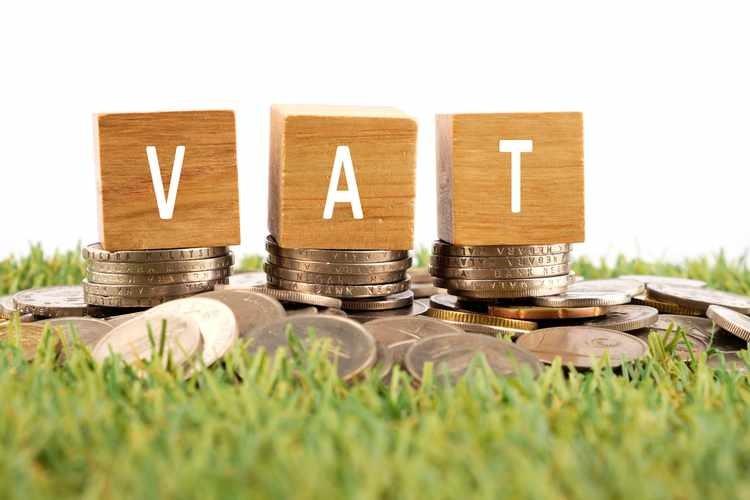The Nigerian economy continues to show resilience and growth in Value Added Tax (VAT) collection, with various sectors making notable contributions. According to the National Bureau of Statistics (NBS), the country earned N3.64 trillion from VAT in 2023, reflecting a substantial 45.02% increase from the previous year.
Top 10 sectors by VAT contributions in 2023 highlight their economic significance, growth trends, and ongoing challenges they face:
Construction Sector:
Experiencing a remarkable 72% increase in VAT payments, the Construction sector’s contributions surged from N18.9 billion in 2022 to N32.5 billion in 2023. Despite challenges like fluctuating material costs and a skilled labor deficit, the sector is witnessing robust development.

Professional, Scientific, and Technical Activities:
VAT contributions from this sector rose by 17%, reaching N33.4 billion in 2023 from N28.7 billion in 2022. The growth signifies the growing demand for specialized professional services amid challenges related to innovation, regulation, and global competition.
Other Service Activities:
Facing a 12% decline in VAT contributions, this sector saw a decrease from N69.8 billion in 2022 to N61.4 billion in 2023. Challenges include competition from unregulated entities and the necessity for enhanced standardization and value addition in services.
READ ALSO: Leading Ladies: Meet 10 female CEOs shaping Nigeria’s banking sector
Transportation and Storage:
Reporting a 17% increase in VAT contributions, the sector’s revenue climbed from N62.0 billion in 2022 to N72.4 billion in 2023. Infrastructural deficits and regulatory inefficiencies hinder further growth and efficiency.
Wholesale and Retail Trade, Repair of Motor Vehicles and Motorcycles:
With a remarkable 104% increase, this sector’s VAT contributions more than doubled, reaching N138.1 billion in 2023 from N67.8 billion in 2022. Challenges include informal competition and market volatility that require strategic navigation for sustained growth.
Public Administration and Defence, Compulsory Social Security:
Experiencing a 41% increase in VAT contributions, this sector’s revenue rose from N128.7 billion in 2022 to N180.9 billion in 2023. Bureaucratic inefficiencies and governance issues necessitate reform for improved efficiency.
Financial and Insurance Activities:
The sector nearly doubled its VAT contributions with a 98% increase, reaching N215.8 billion in 2023 from N109.3 billion in 2022. Challenges include fintech integration, regulatory compliance, and cybersecurity risks.
READ ALSO: Lagos-Calabar coastal Rail line- HDAN Urges Minister to Engage Stakeholders to minimise demolition
Mining and Quarrying:
VAT contributions from this sector surged by 64%, rising from N158.5 billion in 2022 to N260.0 billion in 2023. Environmental and regulatory challenges require careful management for sustainable development.
Information and Communication:
Showing a significant 53% increase in VAT payments, the sector’s revenue rose from N268.8 billion in 2022 to N412.3 billion in 2023. Challenges include digital infrastructure needs, regulatory clarity, and accelerating digital transformation.
Manufacturing:
Leading the VAT contributions with N578.4 billion in 2023, up from N477.4 billion in 2022, marking a 21% increase. Despite being the backbone of Nigeria’s industrialization, the sector faces challenges like high operating costs, infrastructural constraints, and global supply chain disruptions.
Efforts to streamline operations, invest in infrastructure, and address sector-specific challenges are crucial for sustaining growth and economic development across these key sectors in Nigeria.



